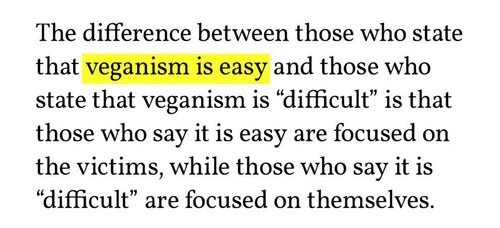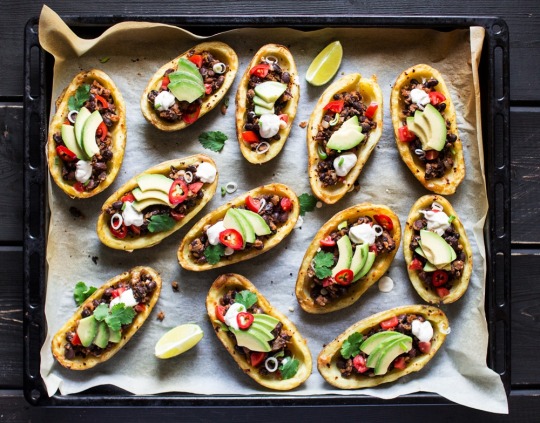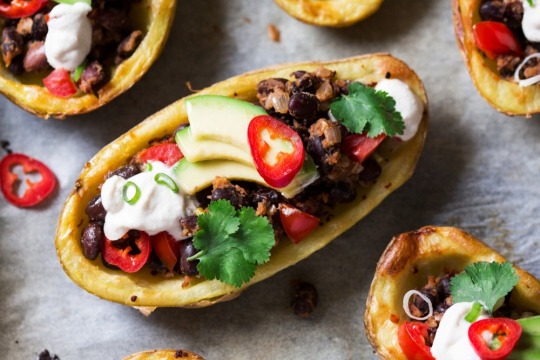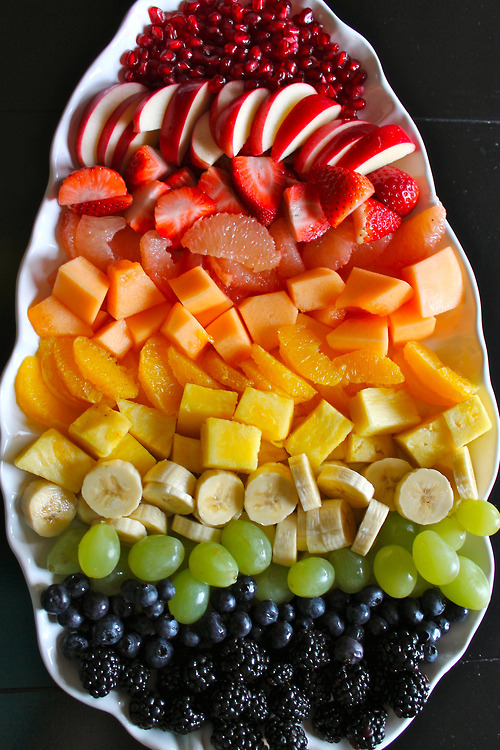Note
same
i'm so bad at being vegan, i try to be a bit healthy but mostly i eat junkfood like chips and oreos and i'm almost always hungry >.
oh shit i am not the person to ask about this lmao
yesterday breakfast: massive plate of hash browns, 2 lo-carb monsters
post-breakfast: red rice burrito
lunch: leftover pasta
post-lunch: more pasta
pre-dinner: ice cream
dinner: potato samosas and ice cream
pretty sure i had some mango slices but dont tell my brother or hell kick my ass bc theyre expensive
all Ive eaten today is another massive plate of has browns and its 2:30 pm i highly recommend finding someone who has their life together to ask about their diet
17 notes
·
View notes
Text
I really hate the line “the animals are gonna die anyways” because yeah I’m also gonna die anyways that doesnt mean its fine if someone slits my throat and eats my body
2K notes
·
View notes
Text
A Message To Meat Eaters:
Why White People Should Stop Using Migrant Workers As An Argument Against Vegetarianism (Masterpost)
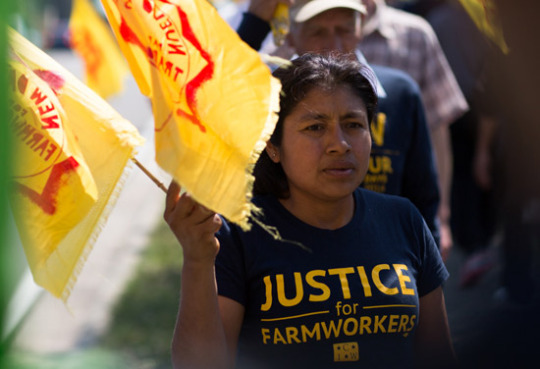
Introduction: During my time here on tumblr, I’ve often seen well-meaning Social Justice Warriors point to the (very real and unconscionable) suffering of PoC in the plant-based portion of the agricultural industry as a way to counter vegetarians’ and vegans’ claims of living “cruelty-free.” The argument is that veg(etari)ans don’t actually have cruelty-free lifestyles, and are just being hypocritical. The more radical anti-veggies even claim that veg(etari)ans ‘care more about animals than people’, or that by incorporating more plants in their diet (to supplement the lack of meat) ve(getari)ans are exacerbating the suffering of migrant farm workers, and perpetuating racism to a degree that is not present in omnivore lifestyles.
This is dishonest and inaccurate for many reasons. 1) Non-vegetarians also consume products resulting from this exploited labor force, so it’s logically inconsistent to imply that non-vegetarians are in some way morally superior to vegetarians. 2) Not only do non-vegetarians still eat fruits and vegetables, but the food that is given to the animals raised for livestock is also cultivated by agricultural workers, and clearly the amount of food needed to sustain an animal over its lifetime is greater than the amount of food garnered by the meat upon its death. (The actual ratios can be found here for anyone interested.) 3) Most importantly, and the key lesson of this post, is that the animal production industry - known colloquially as “factory farming” - upon which Americans get the majority of their meat, is also largely dependent on exploited PoC laboring in inhumane conditions. Thus, there is no logical reason at all why you should use the abuse of Latinx laborers specifically as a counterargument to vegans/vegetarians.
Obviously raising awareness of the suffering that low-income PoC in the agricultural industry face IS fundamentally important. It’s also true that it’s nigh-impossible to live a truly “cruelty-free” lifestyle under a capitalist system. However, it is worth mentioning that it is incredibly offensive for white people to ignorantly misuse the suffering of agricultural workers of color in order to perpetuate their own political agenda against vegetarians. Consciously or not, it is both disingenuous and exploitative, and ultimately does nothing to actually alleviate the suffering of these workers. Furthermore, it completely erases the equally-legitimate suffering of workers of color in the meat industry, who are just as deserving of our advocacy. *(Here are two posts I’m aware of where you can get PoC perspectives on this, since I’m whiter than Olaf tbh. If you have any other resources, please feel free to message me and I’ll add them in.)
So without further ado, here’s some knowledge.
The American Meat Industry - The Human Cost
72% of farmworkers were born outside of the US, 68% in Mexico. The average education level of these laborers is the 8th grade. (x) If you’re thinking these stats are only for plant-based agricultural workers, you’re mistaken: “The Public Health Service Act provides the definition of migratory and seasonal agricultural workers for health center grantees, and includes those working in aquaculture and animal production.” (x) (For that matter, any time you see something about “farmworkers” or “agricultural workers”, it includes the meat industry. Agriculture includes animal production, as well as food cultivated from plants.) If you’re still skeptical, this 2014 survey from the Bureau of Labor and Statistics also confirms that over half of the people working in “animal slaughtering and processing” are black or Latinx. (Additional details on demographics can also be found below.)
Just like you might expect from their treatment in the horticulture (plant) industry, these poor souls are desperate for work, so often have little choice but to accept mistreatment - especially because slaughterhouse workers are at-will employees (meaning they can be fired at any time, with no job security or protection against wrongful termination). As a result, very few workplace hazards are reported to supervisors for fear they will lose their jobs or be replaced by somebody else willing to do the grueling and dangerous work. (x) Many workers have even been threatened with deportation. (x) One study found that the large numbers of undocumented workers from Mexico and other parts of Latin America are almost half as likely to report an injury or job-related illness as their white counterparts. Factory farms depend on these types of employees because they are thankful for the work - and, as a result, are unlikely to unionize, will endure horrible working conditions, tolerate long hours (sometimes 10-hour days or more), and be satisfied with very little pay. (x) and (x) They also aren’t necessarily forewarned of these conditions ahead of time, since most of them speak little or no English. (x)
Animal production is a dangerous job: among slaughterhouse workers who have been in the business for five years, 50% have experienced injury. (x) The risks of workers in the meat industry could range from contracting diseases from handling the animal carcasses, to severe injuries from using the line equipment. During an average workday, employees inhale anything from ammonia to hydrogen sulfide, plus a number of other airborne bacteria. The air quality is so bad in these farms that nearly 70 percent of pig farm workers experience some sort of respiratory issue. (x) There are also long-term injuries to the employees’ hands, arms, shoulders and backs due to the physical and repetitive nature of the work. The health risks can even be deadly. (x) Remember that the overwhelming majority of these folks don’t have any form of health insurance, either.
Again, working conditions are terrible. Here are just some of the occupational hazards for those who work in aquaculture specifically (aquaculture = seafood and fishing): extreme temperatures, bacterial pathogens, heavy lifting, repetitive motions, chemical exposures, hazardous machinery, and all-terrain vehicles. Workers in the U.S. aquaculture industry are at an elevated risk of work-related fatalities. The agriculture, forestry, and fishing industry sector has the highest rate of work-related fatalities in the U.S. (x)
Here are still more disturbing facts for the morbidly-inclined: The greatest risks for fatalities in aquaculture are inherently painful and violent deaths - namely, drowning, electrocution, head injuries, & gas poisonings. :| Non-fatal injuries and illnesses include work-related musculoskeletal disorders, slips, trips, & falls, hypothermia, heat stress, sprains & strains, respiratory illnesses, skin allergies, bites & cuts, poisonings & envenomation, and work-related stress. Exposure can also lead to the development of allergies. Prolonged exposure to both finfish and shellfish without personal protective equipment may result in itching, eczema, urticaria, and irritation. Workers in processing facilities with poor ventilation have an elevated risk of developing work-related asthma. (x)
As with the meat industry in general, immigrant workers often constitute a significant proportion of the worker population on poultry farms and in poultry slaughter and processing facilities - a field classified as predominantly “3D” jobs (dirty, demeaning, and dangerous) . (x) About half of poultry processing workers are Latino, and a quarter do not possess legal documents to work in the US. (x)
These workers face similar challenges - extreme temperatures, stress injuries (one poultry plant in SC had a 42% rate of carpel tunnel syndrome in its employees), exposure to dangerous chemicals, and exposure to infectious bacteria. (x) Poultry workers at each link of the production chain earn low wages and work long shifts, often 12-14 hours. Chicken catchers earn an average of $92 per day for a 12 hour shift, and even poultry growers live in poverty: 71% of poultry growers have annual incomes below the federal poverty limit. Chicken catchers are particularly vulnerable to wage and hour violations, as they are generally paid for the completion of catching a set number of birds, and will not be paid for overtime. Personal protective equipment (PPE) is often not provided by employers, despite frequent worker exposure to chemicals, blood, feces, mold, endotoxins, and sharp cutting tools. (x)
The dairy industry is also horrendous. There are accounts of Latinx workers being denied overtime, and forced to sign contracts promising to pay a fine of $50/day for any sick days they take. (x) Such conditions are the norm for hundreds of workers in California’s dairy industry. Exploitative dairies pay workers barely enough to eat; force them to work 12 to 16 hours a day, six or seven days a week; deny workers meal breaks; and withhold overtime pay. Some dairies abuse workers both physically and verbally; many expose employees to safety hazards on the job, and house employees in rundown buildings onsite which have no windows or locking doors, and are infested by vermin. (A word of caution, if you choose to read the article that talks about this, it contains descriptions of severe abuse, injury, and death to exploited PoC and is quite disturbing, though important.) Here are some more facts too.
It’s just a fucking horrible job - gross and violent and unhygienic. (x) Here is a short (graphic and disgusting) quote from an article from The Guardian describing the work involved in meat packing: “Every hour, more than 1,300 severed pork heads would go sliding along the belt. Workers sliced off the ears, clipped the snouts, chiseled the cheek meat. They scooped out the eyes, carved out the tongues, and scraped the palate meat from the roofs of mouths.” (x) It’s brutal and dangerous, and multiple reports exist of workers being permanently injured by distressed animals (e.g., cows). It isn’t just hazardous, it’s fundamentally a deeply unpleasant line of work.
So in short, please stop using the abuse of seasonal farm workers as an excuse to rag on vegetarians. It’s completely ignorant and you’re throwing thousands of vulnerable PoC under the bus. By all means, speak out against the mistreatment of the PoC working in the fields. It’s a desperately important issue. But if you’re only doing it when you have the opportunity to chastise vegetarians you don’t like, you’re using their suffering as a prop, and doing absolutely nothing to end that abuse.
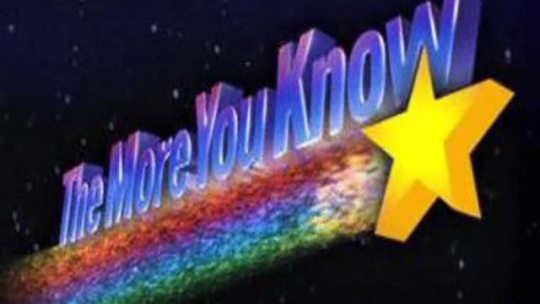
4K notes
·
View notes
Photo
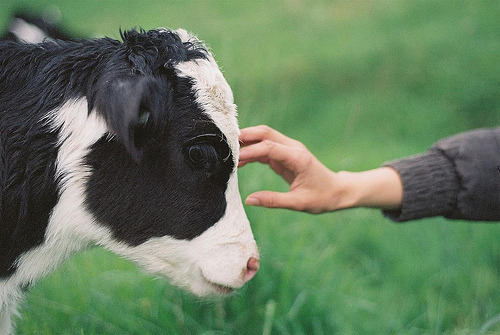
“A man can live and be healthy without killing animals for food; therefore, if he eats meat, he participates in taking animal life merely for the sake of his appetite. And to act so is immoral.” Leo Tolstoy
3K notes
·
View notes
Text
daily reminder that it isnt okay to kill animals even if its “sustainable”
2K notes
·
View notes
Photo

Dairy cows are impregnated every year to produce a steady supply of milk.
Artificial insemination involves a person inserting their arm far into the cow’s rectum in order to position the uterus, and then forcing an instrument (loaded with bull semen) into her vagina.
One definition of rape is: an act of plunder, violent seizure, or abuse; despoliation; violation.
This is dairy.
909 notes
·
View notes
Text
your daily lifestyle choices does not only affect you; it affects the earth, the animals and other people too. please choose beyond your taste buds.
1 note
·
View note
Note
This is such a good discussion. Great to see other peoples views on these things!
I thought Oreo's weren't vegan because of the palm oil and processed sugar?
I’m not sure about processed sugar, I’ve only ever heard they were vegan and I couldn’t find any non-vegan ingredients. But I just realized you’re right about the palm oil ;-; When I stopped eating it about a month ago i never bothered to check oreos. Thank you for the warning even though now I feel like I’m dying inside ;-;
EDIT: I just looked it up, and some Kraft suppliers use processed sugar, but some don’t. So it’s like a 50/50 chance. I’m gonna quit eating them but I suppose it’s up to the individual whether they want to take that risk.
56 notes
·
View notes
Photo

That face you pull when someone is explaining why they can’t be vegan :3
83 notes
·
View notes
Text
The commonly held notion that punching and kicking an animal is cruelty but shooting them in the skull and slitting their throat is not, is so utterly ridiculous that it honestly sounds like satire.
6K notes
·
View notes
Conversation
a friend just messaged me thanking me for telling her about veganism and that i'm one of the biggest reasons why she went vegan! i'm so happy
2 notes
·
View notes

